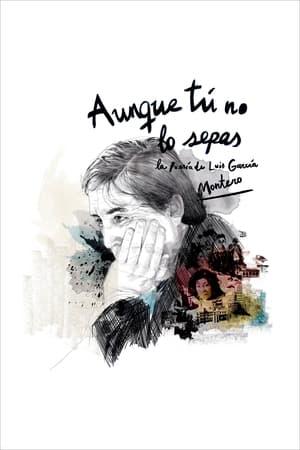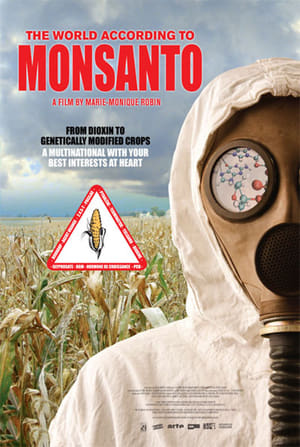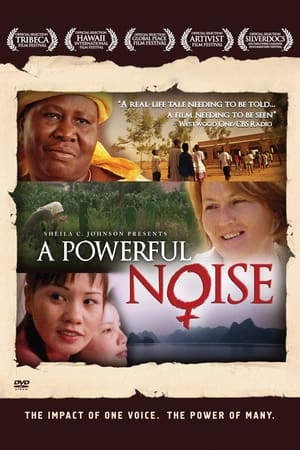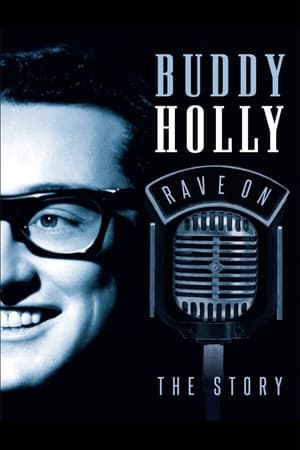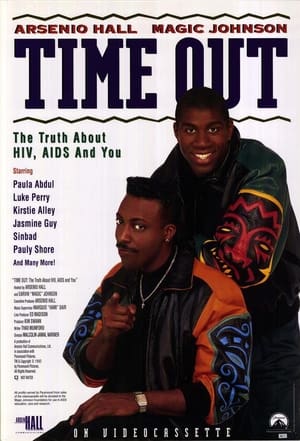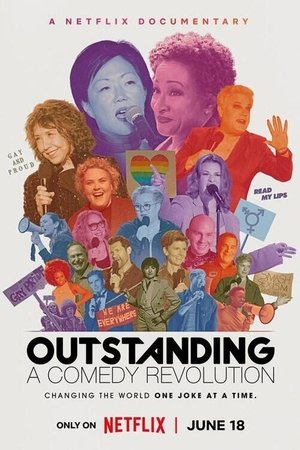Overview
The life of internationally renowned artist and activist Nan Goldin is told through her slideshows, intimate interviews, ground-breaking photography, and rare footage of her personal fight to hold the Sackler family accountable for the overdose crisis.
Reviews
I have to say that I was really disappointed with this. I had expected a serious critique on the way in which the highly addictive opioid "OxyContin" had come to impact on the lives of millions of American citizens. Instead, we get a rather muddled chronology of the life of activist and journalist Nan Goldin, interspersed by the odd demonstration aimed at destroying the reputation of the Sackler family - all of the founders of which (and therefore the principal collectors of the art and the original altruists) had been long dead. We are expected to have far too high a degree of knowledge here for the scientific elements to make sense. It, at no stage, offers us any explanation as to what the drug is, how and why it was prescribed - what was it supposed to do? Nor do we have any contributions from the US Federal Drug Administration or from the medical profession as to just how this was being prescribed by qualified medical personnel the nation over, without any ongoing assessment of it's effects nor any signs of intervention from national - or state - medical authorities. It takes far too simplistic an approach to these crucial and equally negligent issues, is scant on detail and in the end comes across as little better than a one-woman-rant. The fact that Goldin herself led a fascinating and interesting life may well be the subject of a documentary in it's own right - she was an hugely creative lady; but as a documentary on an shocking issue that could have informed me, I found it seriously lacking and one-sided. There can be no doubt that this drug, amongst others, caused abject misery to millions - but this really does miss an opportunity to educate and inform and maybe even to demonstrate the ineffectiveness of the policing authorities and the courts when it comes to dealing with large-scale abuses. Pity, had it laid out arguments and offered us something of a balance it could have been so very much more interesting.

 122 min
122 min
 7.18
7.18
 2022
2022
 USA
USA
 CinemaSerf wrote:
CinemaSerf wrote:
